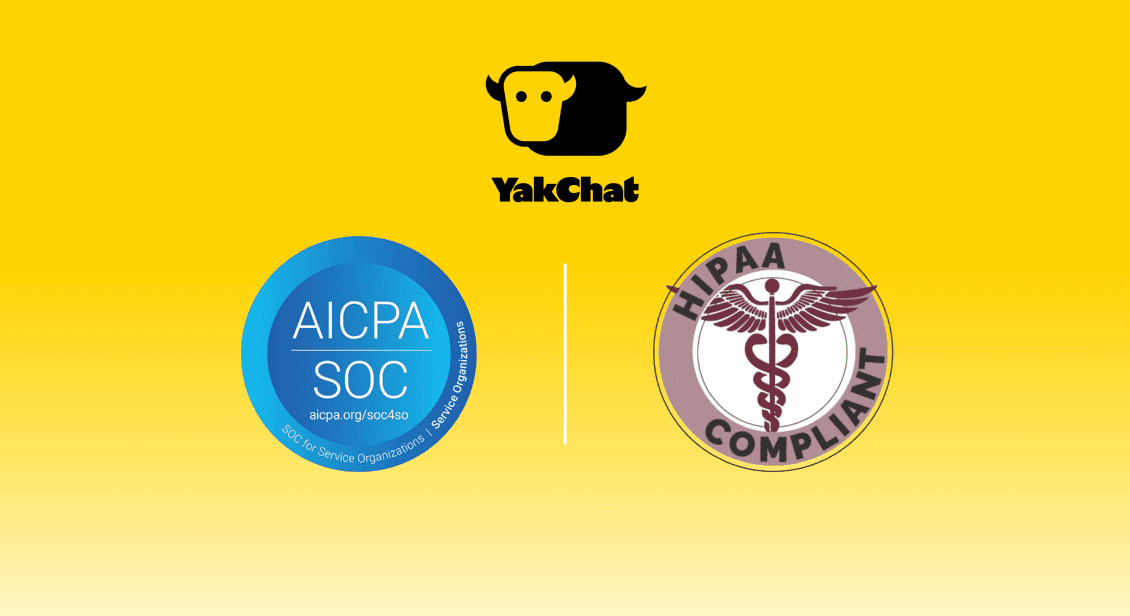Texas SB 140 is now in force. Marketing texts to Texas now face telemarketing-style rules. We break down what's changed, what's required, and how to stay compliant.
Key Takeaways
Under SB 140, any marketing, promotional, or sales text to a Texas number falls under telemarketing law - with strict compliance and penalty provisions.
You must have clear, documented opt-in permission before sending any commercial text, image, or graphic message.
Violations can trigger lawsuits under the Texas Deceptive Trade Practices Act, with triple damages and legal costs.
Built-in tools handle opt-outs, messaging archiving, and user-level controls — helping your business stay audit-ready and penalty free.
What Texas SB 140 Changes for Text Messaging
Texting Texas customers just changed — and Texas SB 140 is the reason.
As of September 1, 2025, the way businesses send text messages to Texas numbers has shifted dramatically. Texas Senate Bill 140 (SB 140) expands the state’s telemarketing laws to include any commercial text, image, or graphic message. In short, the law now treats texts the same as phone calls when it comes to marketing outreach.
If your organization sends marketing, promotional, or sales messages to Texas numbers, you’re now operating under the same regulations as telemarketing — with serious penalties if you get them wrong.
SB 140: Texting Now Treated as Telemarketing
Until now, state telemarketing laws focused mainly on voice calls. SB 140 changes that. It redefines “telephone solicitation” to cover any transmission — including a text or image — intended to induce a purchase or rental.
In practice, this means:
Regulators now treat marketing SMS, MMS, or RCS messages like telemarketing calls.
The new rules apply to automated and scheduled campaigns.
Businesses may need to register with the state, post a bond, and maintain detailed records.
And the risks are real. Breaching these requirements can trigger the Texas Deceptive Trade Practices Act (DTPA), which lets consumers sue and seek triple damages, mental-anguish compensation, and attorney fees.
What about WhatsApp Business Messaging?
SB 140 does not explicitly address over-the-top (OTT) apps such as WhatsApp, iMessage, or Facebook Messenger. The statute is written around mobile-network-based messaging — SMS, MMS, and RCS — rather than internet-based channels. However, because the law targets any promotional ''transmission'' to Texas consumers, many organizations are choosing to follow the same consent and opt-out standards for WhatsApp Business Messaging as a precaution while legal interpretations continue to evolve.
A Wake-Up Call for the Industry
If your business texts customers, clients, or prospects in Texas, SB 140 applies — even if you're based elsewhere. And be under no illusion: Texas isn’t an outlier — it’s a signal.
States are beginning to tighten their own rules around digital outreach, going beyond federal TCPA requirements. So staying proactive matters: even if you already comply with federal law, you may still need to register in Texas or adapt your messaging practices.
What SB 140 now requires
Obtain express written consent before sending any promotional or marketing texts.
Provide clear opt-out instructions (e.g. ''Reply STOP to unsubscribe'') that are honored immediately.
Keep detailed records to document consent and retain message history.
How YakChat Helps You Comply with SB 140
The good news is that you don't need to navigate SB 140 alone. YakChat places compliance firmly at the center of its platform, offering built-in safeguards that support adherence to current requirements and help businesses prepare for similar state regulations in the future.
Free assistance with 10DLC campaign registration: which includes the requirement for written consent before sending messages.
Opt-out management: real-time processing of ''STOP'' requests, with automatic logging to block further contact.
Message archiving: secure retention of all inbound and outbound messages to ensure message history is retained.
Yet, these measures represent only the foundation. YakChat is also developing additional safeguards aimed at further strengthening organizational protection as legislation continues to evolve. Industry observers note that YakChat consistently monitors emerging state requirements and updates its compliance tools as new rules come into effect.
What to do Next
1. Review your current texting practices
Identify whether you send marketing or promotional texts to Texas numbers.
2. Confirm consent
Ensure you have clear, written opt-in records for every recipient.
3. Check message content
Separate transactional/informational messages (e.g., appointment reminders) from promotional content.
4. Enable YakChat's opt-out and consent tracking tools
Turn on consent and opt-out tracking, and confirm the correct data is being captured automatically.
5. Enable YakChat's message archiving
Select an archiving option in the YakChat admin portal to ensure message history is securely captured and retained for a complete and compliant audit trail.
Compliance Made Easy
SB 140 may make texting in Texas more complex, but YakChat keeps it manageable. Built with compliance at its core, YakChat lets you focus on real-time customer engagement, while every message stays compliant, traceable, and trusted.
--------------------------
Ready to Message with Confidence?
Contact us here or book a demo to see YakChat in action!
 For Microsoft Teams
For Microsoft Teams For Webex
For Webex In the Browser
In the Browser For iOS and Android
For iOS and Android Power Automate
Power Automate Browser extension
Browser extension Tango Extend Integration
Tango Extend Integration Bring your own SMS provider
Bring your own SMS provider